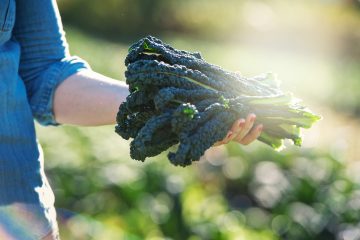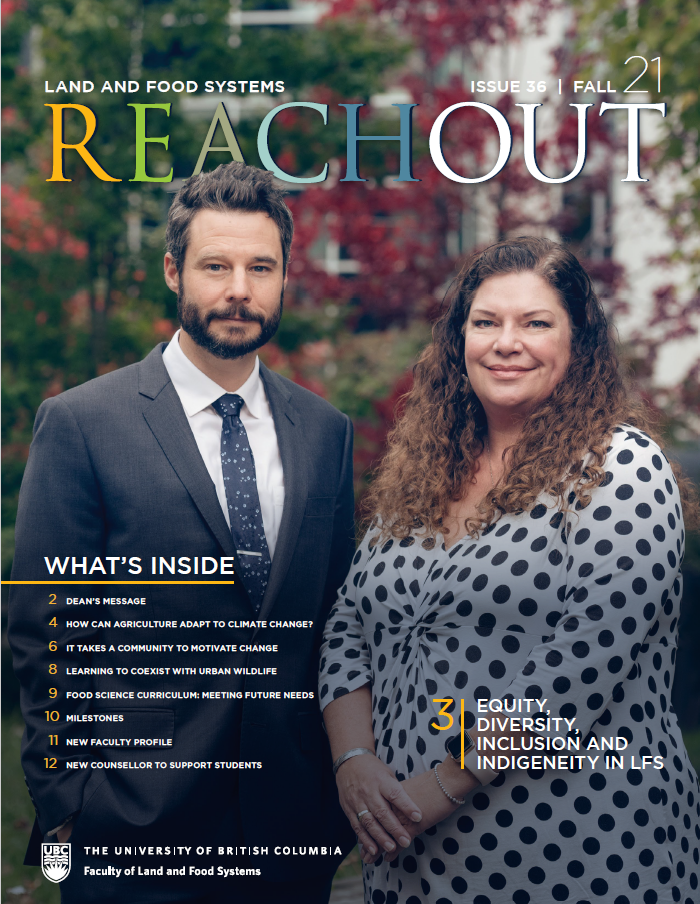Food Science Curriculum: Meeting Future Needs
As the food industry changes to meet consumer demands, UBC’s food science curriculum is keeping up.

In fall 2021, the BSc in Food, Nutrition and Health (Food Science major) launched two new courses, and a revised curriculum to better reflect the needs of the food industry. UBC offers B.C.’s only bachelor-level degree approved by the international governing body for food science education, the Institute of Food Technologists (IFT). Graduates commonly work in research and development, regulation, quality control, food safety, processing, food marketing, and management.
“The main drivers for this renewal were to ensure sufficient coverage of 55 learning outcomes mandated by our governing body, and to find out which learning outcomes warranted enhanced emphasis in our curriculum,” says Patricia Hingston, Assistant Professor of Teaching, who led the curriculum renewal team.
“Additionally, we set out to improve graduate competencies through enhanced scaffolding of content and increased incorporation of key learning experiences.”
To achieve these goals, the curriculum renewal team surveyed members of the B.C. food industry, UBC alumni, and current students. Industry experts provided insights into knowledge and competencies of highest importance to the food sector and anticipated changes in the field, while alumni and current students offered valuable feedback on the strengths and areas for improvement within the curriculum.
Learning outcomes of highest importance to industry included food safety, critical thinking, and professionalism. Hands-on practical experiences – especially labs, product development, coop, and application of food regulations – were considered crucial learning experiences.
Some expected future changes and trends in the food industry that helped shape the new curriculum included increased emphasis on food quality and safety regulations, and growing demands for more sustainable plant-based foods, packaging, and waste management.
“Given the global focus on enhancing food safety and sustainability initiatives in the food industry, our revised curriculum has two new courses: Food Safety and Quality Management, and Food Industry Sustainability,” said Hingston.
At the moment both courses are listed under the course code FNH 490, which is reserved for piloting new courses in the Food, Nutrition and Health Program. Both courses are taught by industry experts, thereby also increasing industry exposure in the program, which was highlighted in survey findings as a key learning experience to aid in preparing students for their future careers.
Another survey recommendation was for undergraduate students to seek out experiential opportunities and industry exposure through networking, co-op placements, internships and volunteering, and to be open about gaining experience in different areas of the industry.

LFS Career Strategist Rob Kim agrees: “Prospective employers are looking for food science graduates that they can trust to bring their passion and skills to their industry. One way for graduates to convey this value? By having experiences in the industry – through networking, co-op, or other opportunities – and by gaining insight from those working in food science.”
If you want to get involved with the undergraduate Food Science Major by providing student placements or participating in an upcoming professional development event, contact Patricia Hingston at patricia.hingston@ubc.ca.
Tagged with: 2021, Food Nutrition and Health, Food Science, Undergraduate
